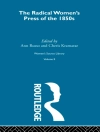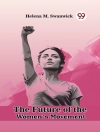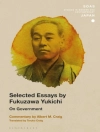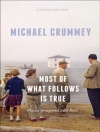Sarah Margaret Fuller Ossoli’s ‘Woman in the Nineteenth Century’ is a groundbreaking and thought-provoking book that explores the role of women in society during the 19th century. Fuller challenges traditional gender norms and advocates for equality between the sexes, making a compelling argument for women’s intellectual and social independence. Written in a captivating and persuasive style, the book is considered a cornerstone of early feminist literature, addressing important topics such as marriage, motherhood, education, and the concept of self-reliance. Fuller’s eloquent prose and insightful observations make this book a must-read for anyone interested in the history of women’s rights and gender equality. As a prominent figure in the Transcendentalist movement, Fuller drew from her own experiences and beliefs to create a powerful and influential work that continues to resonate with readers today. ‘Woman in the Nineteenth Century’ challenges readers to reconsider their views on gender roles and inspires them to strive for a more just and equitable society.
Giới thiệu về tác giả
Sarah Margaret Fuller Ossoli (1810–1850), more commonly known as Margaret Fuller, was a seminal figure in the American transcendentalist movement and is regarded as a pioneering advocate for women’s rights and education. Born in Cambridgeport, Massachusetts, Fuller was provided with a rigorous education by her father, which was unusual for women of her time. She became proficient in several languages and cultivated a profound understanding of literature and philosophy, which greatly influenced her later work as a critic, teacher, and social reformer. Fuller is best known for her groundbreaking book ‘Woman in the Nineteenth Century’ (1845), which is often credited as one of the first major feminist works in the United States. In it, she argues for the intellectual and spiritual equality of women, urging them to transcend societal expectations and assert their independence and rights. Her literary style combines transcendentalist ideals with powerful advocacy, blending a fervent quest for truth and justice with a dense and allusive prose. As a journalist, editor, and critic, Fuller also had a significant impact on American letters. Her work on ‘The Dial, ‘ a transcendentalist journal, as well as her dispatches from Europe as a foreign correspondent for the ‘New-York Tribune, ‘ helped shape the intellectual discourse of her era. Tragically, her life was cut short when she perished in a shipwreck off Fire Island, New York, along with her husband and child. Despite her premature death, Fuller’s passionate writings and her role in the women’s rights movement continue to resonate with and inspire feminists and scholars.












